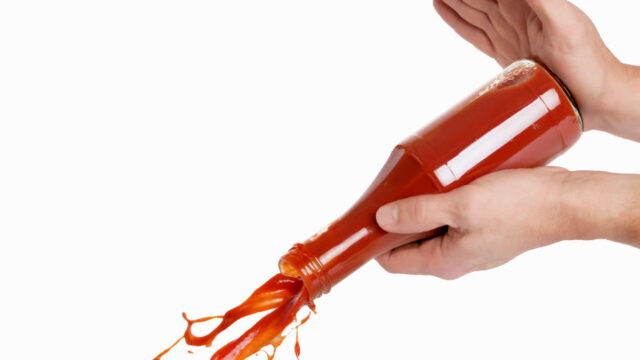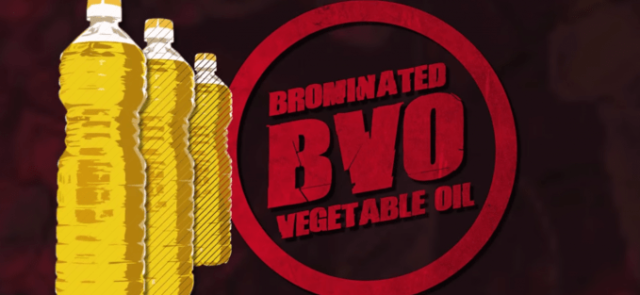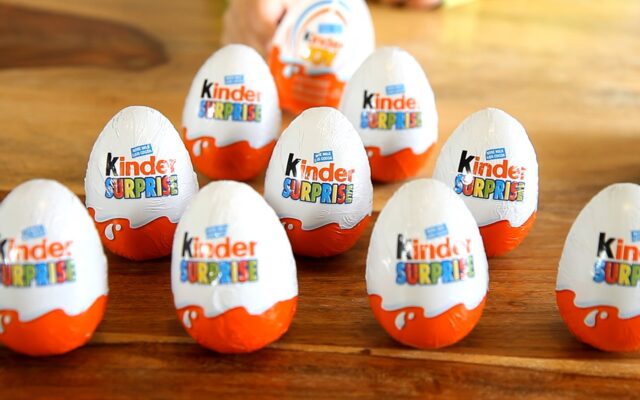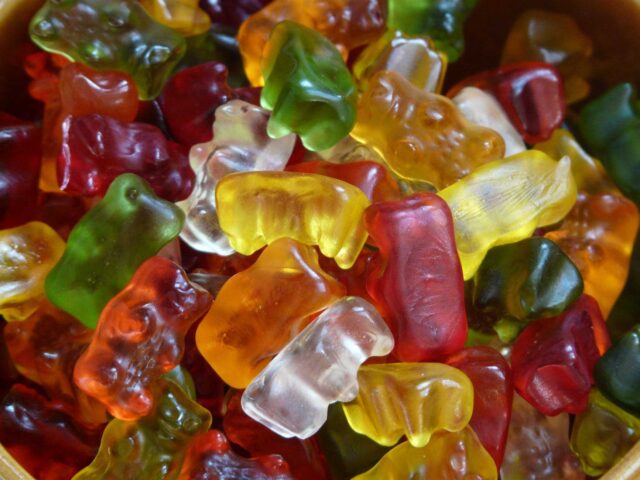
Keeping a healthy diet is extremely important for our health, and while we are often told that we should avoid various foods that could harm us, some foods are just too dangerous. That’s why some countries around the world have decided to implement laws against these foods and make them illegal.
The following 7 foods have been banned in certain countries, however, some foods on this list weren’t banned for health reasons, which caused a lot of debate. Check out why some common foods were banned around the planet.
6M&M’s Controversy
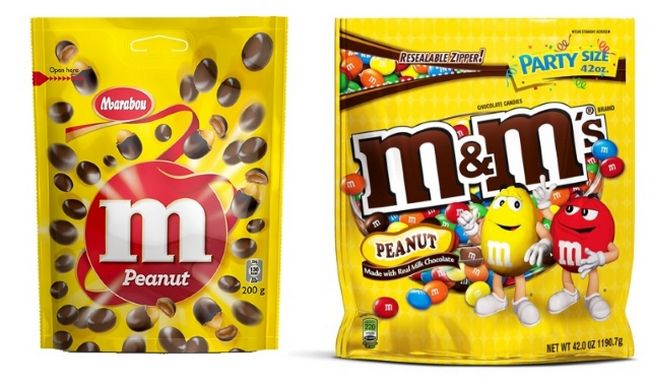
Every day, the US produces approximately 400 million of these tiny delicious treats, and they can be purchased in more than 100 countries around the world. First introduced in 1941, M&M’s aren’t exactly a healthy snack, but that’s not what got them banned in Sweden.
M&M’s are no longer being sold in Sweden due to a dispute with another similar candy made by Mondelez. Similarities between the logos and names of M&M’s and Mondelez’s M product have led the government to ban M&M’s logo and packaging in Sweden.
5No Bubble Gum
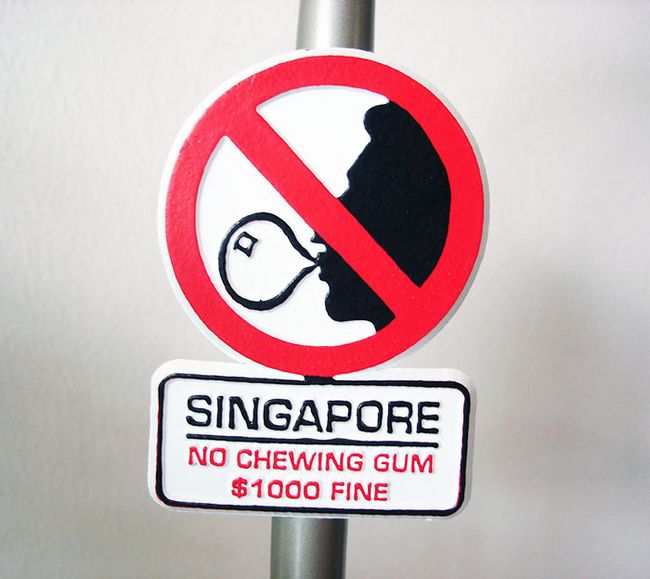
Back in 1992, Singapore was facing a major chewing gum issue. Namely, the streets, other public areas, and public property were littered with chewing gum.
The authorities considered chewing gum a large and costly problem in society and that’s why the sale and import of it were banned. Strict laws were implemented, and vendors who sold the gum illegally could get large fines and even face imprisonment.
The ban caused a lot of debate, and it is still in effect to this day, however, nicotine and dental gum products can be obtained legally with a prescription from a doctor.
4Unpasteurized Milk
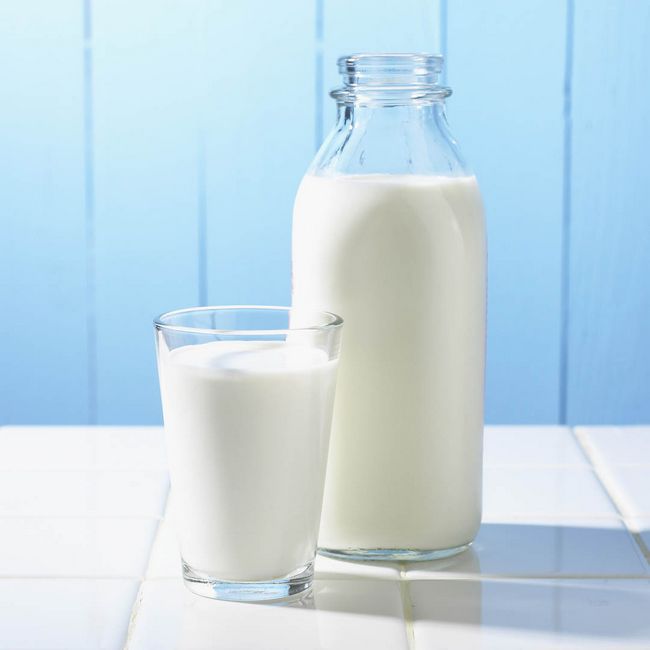
Raw milk and unpasteurized dairy products are available for purchase in many parts of the world and are quite popular in Asia and some European countries.
However, even though milk contains important nutrients, raw milk can lead to serious health risks. Namely, the process of pasteurization eliminates dangerous bacteria like E. coli and Salmonella. When it comes to raw milk, it can host the dangerous bacteria and cause numerous illnesses.
These risks are the reason why raw milk and dairy products are illegal in Australia, Israel, Canada, Scotland and most US states.
Ketchup is the quintessential American condiment, but when it was prohibited in French schools, it caused a lot of debate. Namely, in 2011, French schools banned free access to sauces and ruled that condiments like ketchup should only be given to students if they are appropriate for the dish.
Even though the goal was to improve the quality of school meals, many media outlets ran the story and claimed that the French wanted to protect their culture against American influences.
Even though brominated vegetable oil is marked as safe in the US, it has been banned around the world. From Europe to Japan, this synthetic chemical has been prohibited in more than 100 countries.
BVO can be found in sports drinks and sodas, most notably Mountain Dew and similar drinks that have a citrus flavor. The chemical was prohibited due to claims that it causes headaches, memory loss, fatigue, and tremors.
Kinder Surprise Eggs contain a hidden toy which was considered unsafe and dangerous for children by the US government. The small toys included in the treat were considered a choking hazard and Kinder eggs were banned in the US for more than 40 years.
In 2011, over 60,000 eggs were smuggled into the US with fines for each egg that went up to $2,500. However, the ban on Kinder eggs was recently lifted, and a new, restyled version was introduced on the market.

